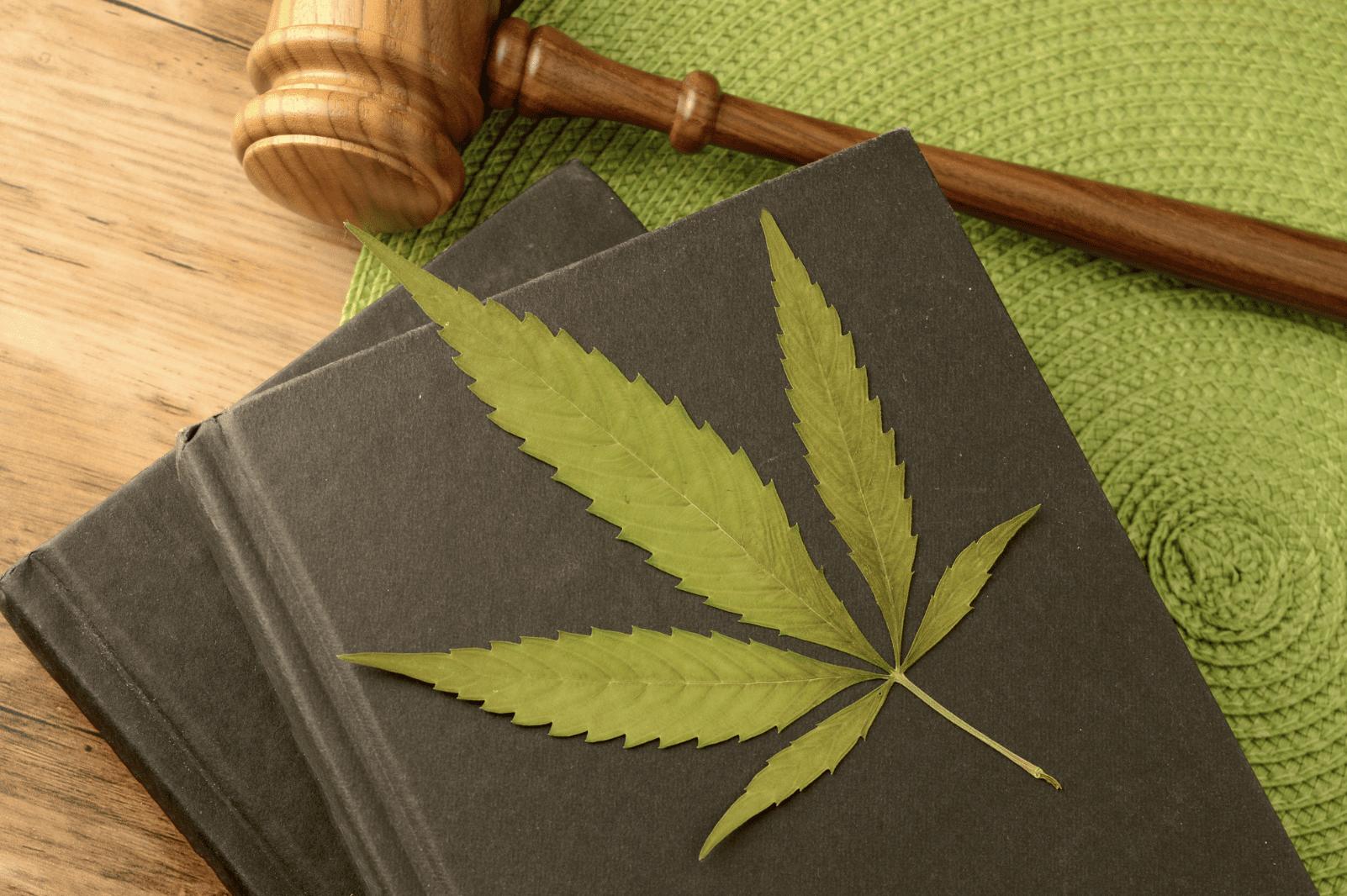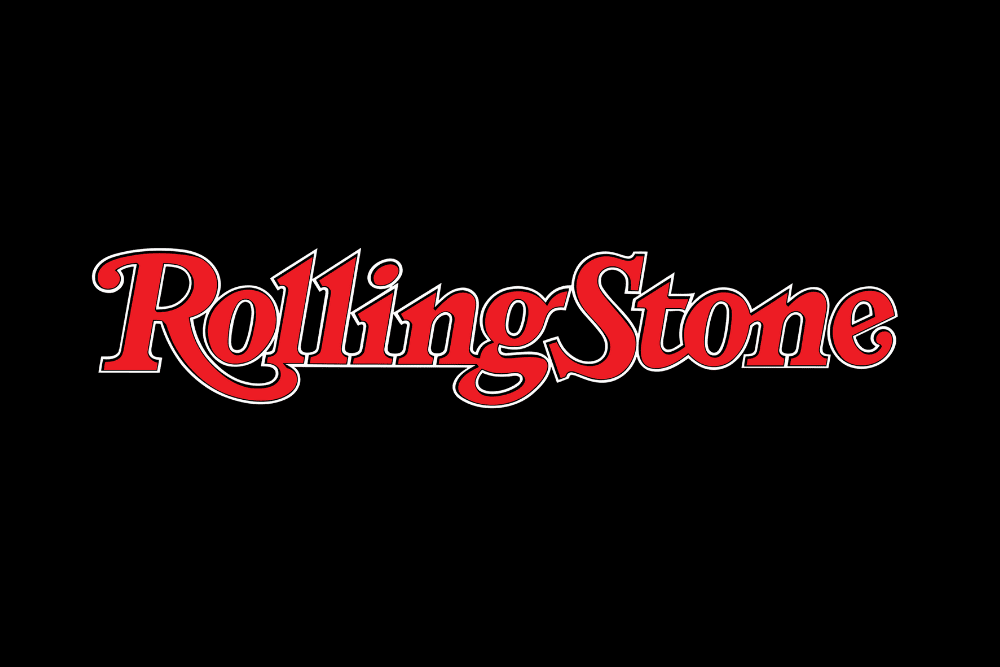When Tragedy Strikes: Understanding Your Rights After Losing a Loved One
Losing a family member during detox treatment is devastating enough without facing additional barriers when seeking answers about what happened. If a Los Angeles detox facility is refusing to release your loved one’s medical records after their death, you’re not alone in feeling frustrated and powerless. California law provides specific rights to family members seeking access to a deceased patient’s medical information, but detox facilities often create unnecessary obstacles during an already painful time. Understanding these rights and the proper procedures to exercise them can make the difference between getting closure and remaining in the dark about your loved one’s final days.
💡 Pro Tip: Document every interaction with the facility, including dates, times, and names of staff members who refuse your requests – this creates a paper trail that strengthens your position.
Are you facing a roadblock in accessing your loved one’s medical records from a detox facility in Los Angeles? MSD Lawyers is here to lend a hand and help clear the path. Reach out to us at 213-401-0823 or contact us to get the answers you deserve.
California Law Protects Your Right to Access Medical Records
Under California Health & Safety Code section 123100 et seq., families have established rights to access California patient medical records access rights even after a patient’s death. The law specifically provides that any adult patient, or certain patient representatives, is entitled to inspect patient records upon written request to a physician and must be permitted to view their records during business hours within five working days after receipt of the written request. When dealing with a deceased patient’s records, the personal representative of the decedent has the ability to exercise these rights under both state and federal privacy laws. A detox clinic death lawyer in Los Angeles can help ensure facilities comply with these legal requirements when they resist providing access.
California has several laws protecting health information of deceased individuals, including the Confidentiality of Medical Records Act (Civil Code § 56 et seq.) and the Patient Access to Health Records Act (Health & Safety Code § 123110 et seq.). These laws work alongside federal HIPAA regulations, which protect a deceased person’s health information for 50 years following their death. During this protection period, the personal representative maintains full authority to access records and authorize disclosures. Many detox facilities incorrectly claim privacy laws prevent them from releasing records to family members, but this is often a misunderstanding or deliberate obstruction of your legal rights.
💡 Pro Tip: Include a copy of the death certificate and documentation proving your status as personal representative with your initial written request to eliminate common excuses for delays.
Critical Deadlines for Obtaining Detox Facility Medical Records
Time is crucial when requesting medical records after a detox facility death, as California law sets specific deadlines that facilities must follow. Understanding these timelines helps families know when a facility is violating the law and when to seek help from a detox clinic death lawyer in Los Angeles. The law establishes clear timeframes that licensed residential facilities providing non-medical alcoholism or drug abuse recovery services must follow when responding to records requests.
- Initial Response: Facilities must respond to written requests within 5 working days for record inspection
- Summary Preparation: If providing a summary instead of full records, facilities have 10 working days from the request date
- Extended Timeline: With proper notification, facilities can extend summary preparation up to 30 days maximum
- Complaint Filing: If deadlines pass without compliance, families can immediately file complaints with the Medical Board
- DHCS Investigation: The Department of Health Care Services typically initiates investigations within 30 days of receiving complaints
- Legal Action: After exhausting administrative remedies, families may need to pursue civil litigation for records access
💡 Pro Tip: Send your written request via certified mail with return receipt to create undeniable proof of when the facility received it, starting the legal clock.
How MSD Lawyers Helps Families Access Crucial Medical Records
When detox facilities refuse to cooperate despite clear legal obligations, having an experienced detox clinic death lawyer in Los Angeles becomes essential. MSD Lawyers understands the urgency families face when seeking answers about a loved one’s death in a detox facility. Our team knows how to navigate both the administrative complaint process and civil litigation when necessary. We work directly with facility administrators, cutting through bureaucratic delays and legal misinterpretations that often block grieving families from accessing vital information about their loved one’s care and final moments.
💡 Pro Tip: Don’t accept vague privacy concerns as a reason for denial – legitimate privacy laws include specific provisions for family access after death.
Understanding Your Rights as a Personal Representative
The role of personal representative carries significant legal weight in accessing medical records after a detox facility death. Under California law, the personal representative has full authority to exercise all privacy rights that the deceased patient would have had, including accessing complete medical records and authorizing disclosures to other parties. This authority extends to all health information of deceased individuals held by the facility, not just records from the final days. A detox clinic death lawyer in Los Angeles can help establish your legal standing if the facility questions your authority or demands excessive documentation.
Documentation Requirements for Personal Representatives
Facilities may request specific documentation proving your status as personal representative, but they cannot create unreasonable barriers. Acceptable proof typically includes letters of administration from probate court, death certificates listing you as next of kin, or power of attorney documents that remained valid at death. Some facilities wrongly demand court orders even when simpler documentation suffices under California law. Understanding these requirements prevents unnecessary delays in accessing critical medical information about your loved one’s treatment and care.
💡 Pro Tip: If you haven’t formally been appointed through probate, California’s small estate procedures may provide quicker alternatives for establishing your authority to access records.
Filing Complaints Against Non-Compliant Detox Facilities
When detox facilities violate California patient medical records access rights, multiple enforcement agencies can intervene. The Department of Health Care Services (DHCS) accepts and investigates complaints about substance abuse service providers, with specific responsibility for licensure of residential non-medical substance abuse programs in California. Additionally, if you’ve followed Health & Safety Code requirements and the facility still refuses access, you can file a complaint with the Medical Board, which will contact the physician or facility to determine why they’re failing to provide access. Working with a detox clinic death lawyer in Los Angeles ensures complaints are properly documented and submitted to maximize enforcement action.
Strategic Approach to Administrative Complaints
Filing effective complaints requires more than just expressing frustration about denied access. Include copies of all written requests, document each interaction with facility staff, and clearly outline which legal deadlines the facility has missed. The DHCS Substance Use Disorder Compliance Division’s Licensing and Certification Branch takes these violations seriously, as they’re responsible for ensuring quality services and regulatory compliance across all treatment facilities. Your complaint becomes part of the facility’s permanent record and may trigger broader investigations into their practices.
💡 Pro Tip: File complaints with multiple agencies simultaneously – pressure from different regulatory bodies often motivates faster compliance than a single complaint.
Frequently Asked Questions
Common Concerns About Medical Records Access
Families often struggle with legal complexities while grieving, making it crucial to understand your rights and options clearly. These questions address the most common concerns when seeking records after a detox facility death.
💡 Pro Tip: Prepare a written list of specific records you need before contacting the facility – vague requests often result in incomplete responses.
Legal Process and Next Steps
Understanding the legal process helps families make informed decisions about pursuing their rights to medical information and potential accountability for their loved one’s death.
💡 Pro Tip: Keep original documents safe and work with copies when submitting requests – you may need originals for potential legal proceedings.
1. Can a detox facility legally refuse to release medical records after a patient’s death?
No, detox facilities cannot legally refuse proper requests from authorized representatives. California law specifically grants personal representatives the right to access deceased patients’ medical records. Facilities must comply within statutory timeframes or face regulatory action and potential civil liability.
2. What if the detox facility claims HIPAA prevents them from releasing records to family?
This is a common misconception or deliberate misrepresentation. HIPAA explicitly allows disclosure to personal representatives of deceased individuals for 50 years after death. The Privacy Rule permits covered entities to disclose protected health information to family members involved in the individual’s care prior to death.
3. How much does it cost to hire a detox clinic death lawyer in Los Angeles?
Most attorneys handling these cases work on contingency, meaning no upfront costs for families. Initial consultations are typically free, and attorneys only collect fees if they successfully obtain records or pursue related claims. This arrangement ensures all families can access legal help regardless of financial situation.
4. What records should I request from the detox facility?
Request complete medical records including admission assessments, daily nursing notes, medication administration records, physician orders, lab results, incident reports, and discharge summaries. Also request any internal investigations, staff communications about your loved one, and surveillance footage if applicable.
5. How long do I have to request records after my loved one’s death?
While there’s no specific deadline for requesting records, acting quickly is crucial. Facilities must maintain records for specific periods, but evidence can disappear, staff may leave, and memories fade. Additionally, if you’re considering legal action for wrongful death, strict statutes of limitations apply.
Work with a Trusted Detox Clinic Deaths Lawyer
Navigating the complex intersection of medical records law, HIPAA regulations, and California’s specific requirements for substance abuse facilities demands experienced legal guidance. When facilities resist providing answers about your loved one’s death, having skilled legal representation can mean the difference between closure and continued uncertainty. The right attorney understands both the legal mechanisms for compelling records disclosure and the sensitivity required when working with grieving families during their most difficult times.
Dealing with barriers in accessing your loved one’s medical records can feel like moving mountains. Let MSD Lawyers help clear the way and guide you through the legal maze. Connect with us at 213-401-0823 or contact us to bring clarity and resolution to your journey.













